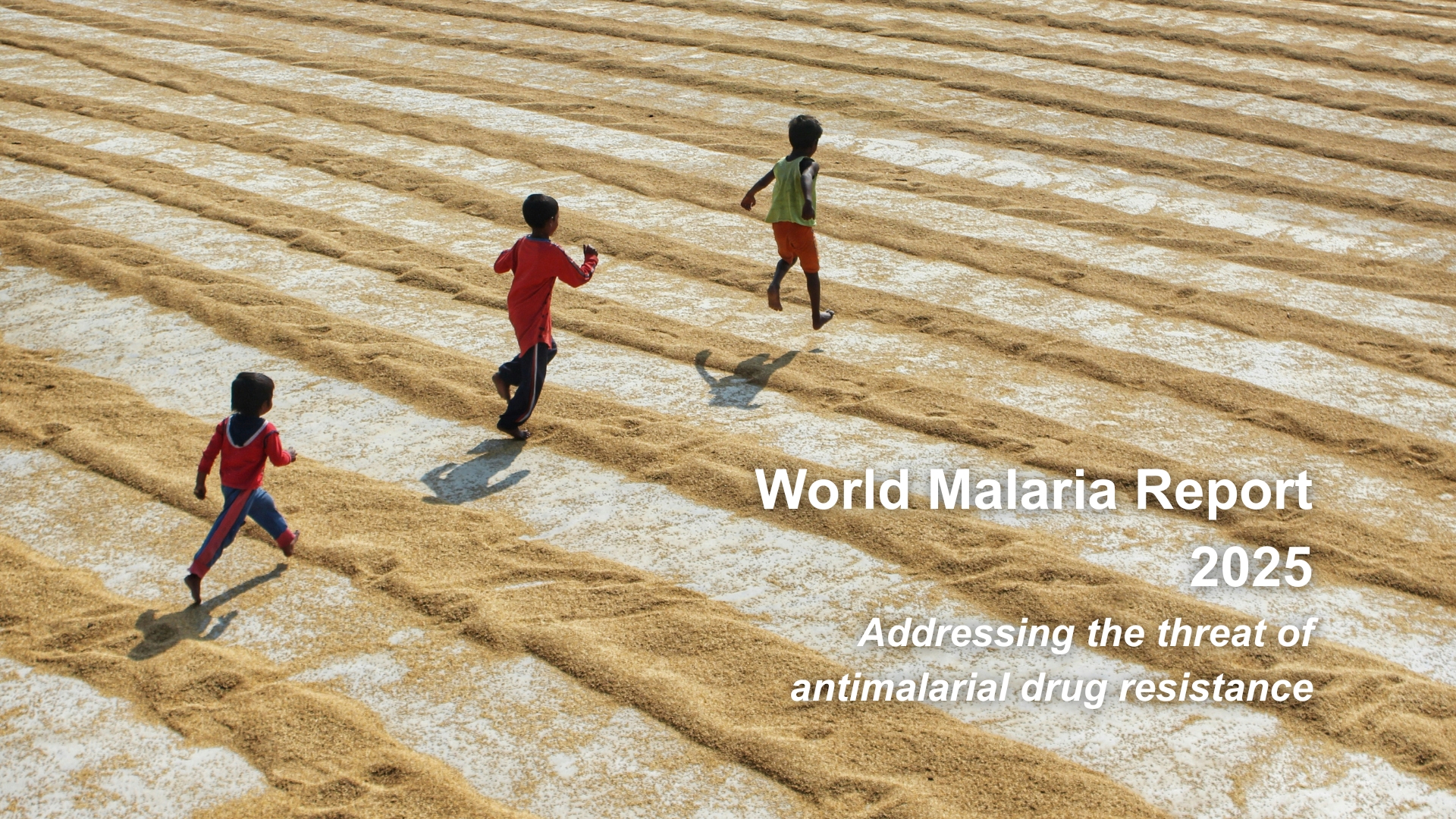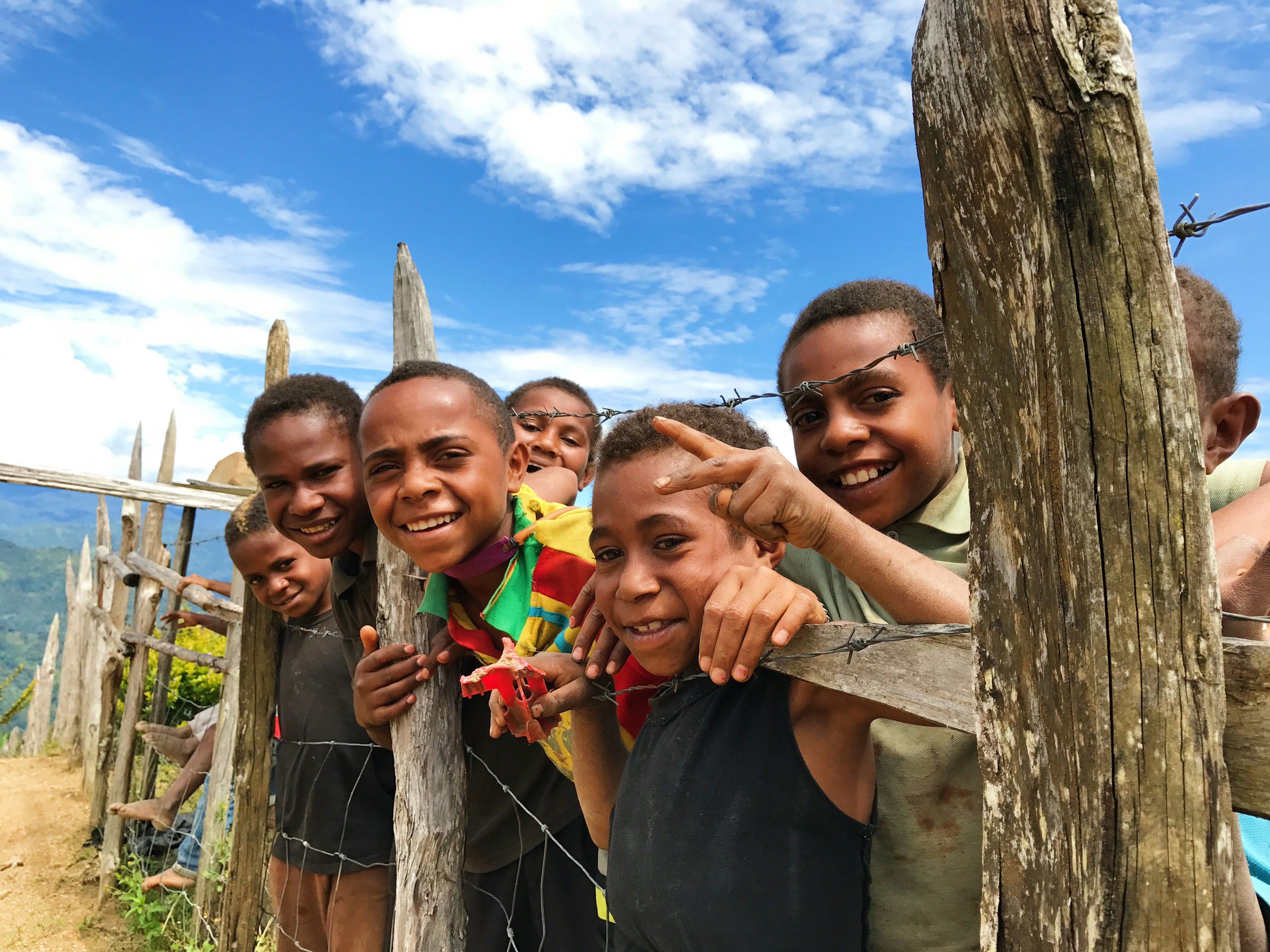
At last week’s East Asia Summit (EAS), hosted in Vientiane by the Government of the Lao People’s Democratic Republic, leaders of Asia Pacific countries strongly asserted their determination to tackle malaria across the region, and recognized the public health challenges caused by infectious diseases and emerging threats.
Attention to tackling disease risks is timely: The Zika virus has recently emerged and spread in Singapore, with the potential for widespread transmission to Thailand, Viet Nam and Malaysia. Dengue and yellow fever epidemics, and the growth of resistance to artemisinin-based malaria treatments, all continue to make regional headlines, threatening health security across Asia and the Pacific.
In a clearly worded statement the 18 heads of government, together representing over half the world’s population, underscored progress towards the priority actions laid out in the Asia Pacific Leaders’ Malaria Elimination Roadmap, unanimously endorsed during last year’s EAS, held last year in Kuala Lumpur, Malaysia. They also reiterated the importance of promoting sustainable and resilient health systems.
According to the World Health Organization (WHO), the six countries in the Greater Mekong sub-region cut their malaria incidence by more than half between 2012 and 2015. Malaria mortality rates are also rapidly declining, with an 84% drop in deaths reported since 2012. In highlighting regional progress, the statement by the EAS Chairman particularly welcomed the flagship ASEAN-India Programme for Combating Malaria.
During a meeting of the WHO Regional Committee for South-East Asia, also taking place last week in Colombo, Sri Lanka was granted malaria-free certification, in recognition of the nation maintaining zero local malaria cases since November 2012.
Regional action against the disease is being coordinated by the Asia Pacific Leaders Malaria Alliance (APLMA), an affiliation of heads of government that was formed to accelerate progress and to eliminate malaria in the region in the next 15 years.
Close cooperation in support of the regional malaria response has galvanized greater momentum and coordination to eliminate the disease by the leaders’ 2030 deadline. In May 2016, APLMA successfully convened scientific researchers, national malaria programme managers, and over 50 senior government officials from Asia Pacific countries. The inaugural ‘Malaria Week’, held in Bangkok, Thailand, clearly demonstrated the resolve of all regional stakeholders – including the private sector and civil society – to rally behind a common malaria elimination goal. Senior officials endorsed the APLMA Leaders Dashboard, a critical accountability platform that measures progress towards the regional malaria elimination goal. The Dashboard also identifies financing gaps and other specific needs that require attention and action.
Later this year, APLMA and the Asia Pacific Malaria Elimination Network (APMEN) – an alliance bringing together national malaria control programmes of 18 countries – will co-locate to Singapore, the epicentre of the current regional Zika outbreak and one of the region’s leaders in biotechnology innovation and responses to infectious diseases.
The 11th East Asia Summit was held in Vientiane, Lao PDR on 8 September 2016 under the theme Turning vision into reality for a dynamic ASEAN Community. The full Chairman’s Statement from the Summit can be viewed here.
.svg)


.jpg)





